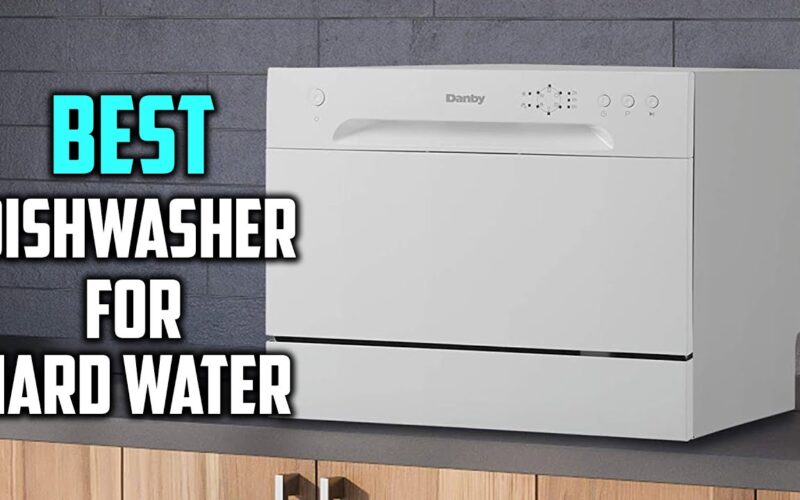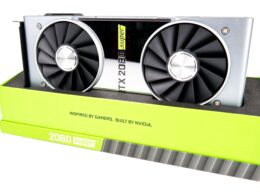The best dishwashers will provide you with the cleanest dishes of your life with hard water. Read this article if you want to know the best dishwasher reviews online today. Consider whether you are dealing with hard water to ensure that you select the right dishwasher size out of the many models and brands out there.
What is hard water?

If you live in an area with hard water, you know the struggle of dealing with spots and streaks on your dishes. Even if you rinse them well, they can come out of the dishwasher looking dirty. A dishwasher that can handle hard water is key to keeping your dishes clean and streak-free.
Hard water is water that contains a high concentration of dissolved minerals, such as calcium and magnesium. These minerals can build up on your dishes, causing spots and streaks. They can also cause scale to build up inside your dishwasher, which can reduce its efficiency and shorten its lifespan.
A dishwasher with a built-in water softener is the best way to combat hard water. Water softeners work by exchanging the minerals in hard water for sodium ions. This process prevents the minerals from depositing on your dishes or in your dishwasher.
If you have hard water, make sure to choose a dishwasher with a built-in water softener. This will keep your dishes clean and help extend the life of your appliance.
Effect on dishes and dishwashers
If you live in an area with hard water, you know the struggles of trying to get your dishes clean. Water spots and residue are constant problems, no matter how much elbow grease you put into scrubbing. Even worse is dealing with a dishwasher that can’t handle hard water. Dishes come out dirty and dingy, and the machine itself can become corroded and damaged over time.
That’s why it’s so important to have a dishwasher that’s specifically designed for hard water regions. These models come with different spraying patterns and settings that help break down stubborn build-up on dishes. They also have filters that trap mineral deposits before they have a chance to cause damage. As a result, your dishes come out sparkling clean and your dishwasher stays in good condition for years to come.
Is a charcoal filter the only solution?
When it comes to hard water, a charcoal filter is not the only solution. There are a few other options that you can consider in order to keep your dishes clean and your dishwasher running smoothly.
One option is to install a water softener. This will remove the minerals from the water, making it easier for the dishwasher to do its job.
Another option is to use vinegar in your dishwasher. Vinegar is an acidic substance that can help to break down mineral deposits. Simply add a cup of vinegar to your dishwasher’s rinse cycle and let it run its course.
Finally, you can also use lemon juice in your dishwasher. Lemon juice is also acidic and can help to break down mineral deposits. Simply add a cup of lemon juice to your dishwasher’s rinse cycle and let it run its course.
How to get rid of hard water deposit buildup in your dishwasher
Hard water can leave mineral deposit buildup in your dishwasher, which can lead to decreased performance and energy efficiency. There are a few things you can do to get rid of this buildup and keep your dishwasher running smoothly.
- Use a vinegar rinse: Fill a bowl with equal parts vinegar and water and place it on the top rack of your dishwasher. Run a normal cycle, without detergent, and let the vinegar solution work its magic.
- Scrub away stubborn deposits: If there are still stubborn deposits after the vinegar rinse, you can try scrubbing them away with a soft-bristled brush or toothbrush. Be careful not to damage the finish of your dishwasher while scrubbing.
- Install a water softener: This is a more permanent solution to hard water buildup in your dishwasher. A water softener will remove minerals from the water before they have a chance to deposit on your dishes or in your machine.
Can a dishwasher run on hard water?
If your dishwasher can’t handle hard water, there’s a good chance it’s not getting your dishes as clean as they could be. That’s because hard water leaves behind mineral deposits that can build up on your dishwasher’s spray arm and prevent it from rotating properly. This can lead to spots and streaks on your dishes, and over time, it can even damage your dishwasher.
So, if you have hard water, it’s important to find a dishwasher that can handle it. Look for a dishwasher with a built-in water softener or one that is compatible with an external water softener. These types of dishwashers will help to remove the minerals from the water before they have a chance to build up and cause problems.
How do I protect my dishwasher from hard water?
If you live in an area with hard water, it’s important to take steps to protect your dishwasher from the harmful effects of mineral buildup. Otherwise, your dishwasher will likely suffer from reduced efficiency and shortened lifespan.
To protect your dishwasher from hard water, start by using a water softener. This will remove the minerals from your water before they have a chance to build up on your dishwasher’s components. You can also use vinegar or citric acid to clean your dishwasher periodically and remove any Mineral deposits that have already formed.
Finally, be sure to use only detergents formulated for use in hard water. These detergents are designed to prevent mineral buildup and keep your dishwasher running smoothly.
Conclusion
Hard water can wreak havoc on your dishwasher, but luckily there are dishwashers out there that are specifically designed to handle hard water. If you’re in the market for a new dishwasher, be sure to look for one that can handle hard water so that you don’t have to worry about it damaging your dishes or your machine.







